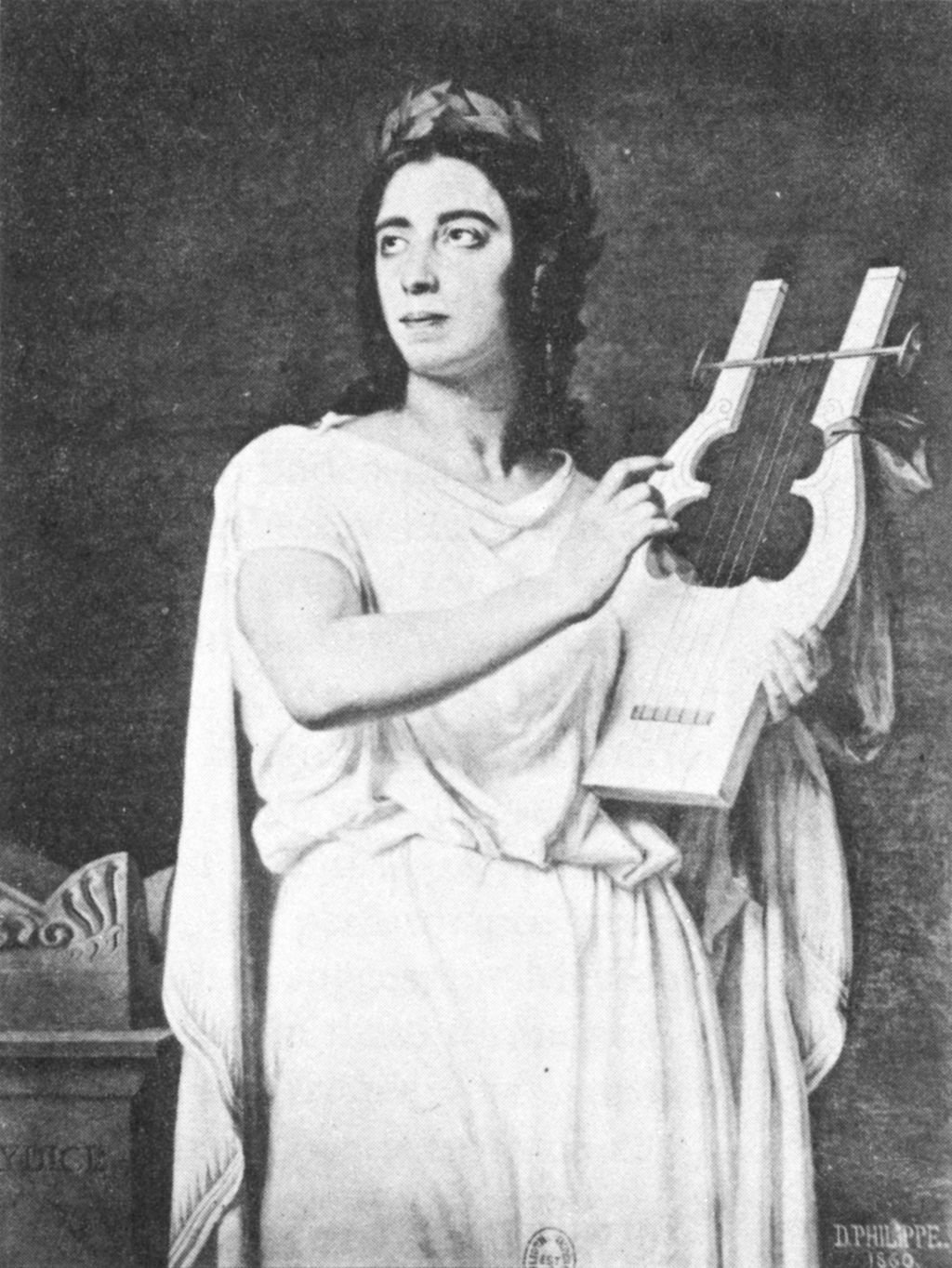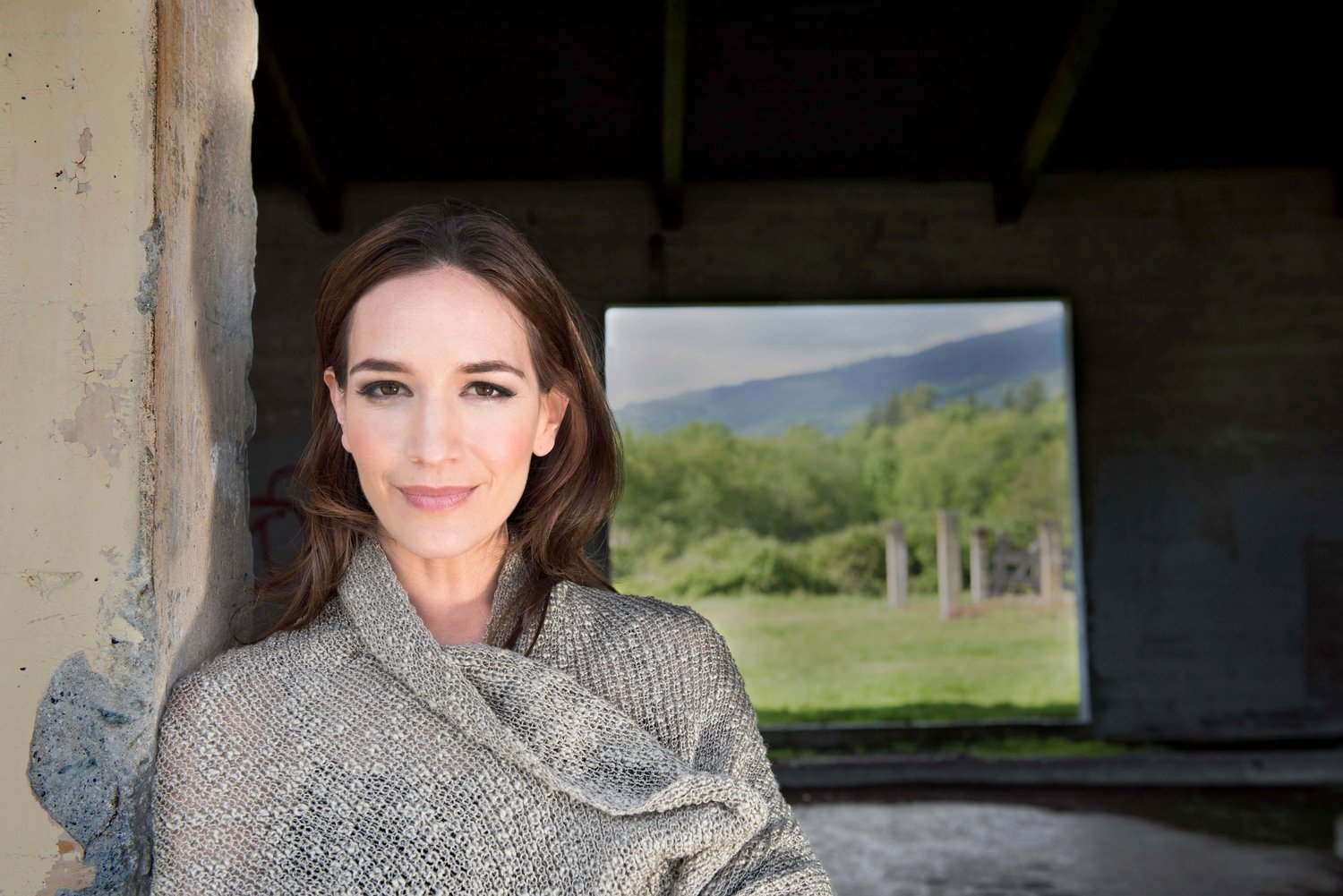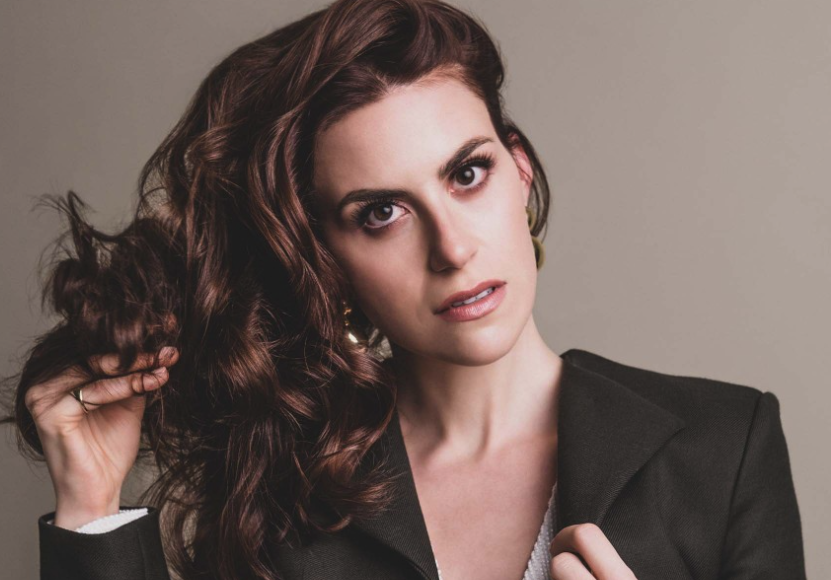The Greek myth of Orpheus has played a signature role in opera. Why might that be? Orpheus was a musician and singer, so gifted that his playing and singing could charm even flora and fauna (I don’t think even Pavarotti could make trees and rocks dance, but the demi-god Orpheus could). There are many variations of the myth, but most concur that his wife Eurydice died of a snake bite. Orpheus became determined to bring her back. He used his musical gifts to make his way into the underworld, past ferryman Charon, the three-headed guard dog Cerberus, through the Elysian Fields, to descend into Hell. Hades, God of the underworld, was so affected by his music and his grief that he allowed Orpheus and Eurydice to leave together with one condition: Orpheus could not look at his wife until they were completely above ground. As Orpheus exited, he looked back at Eurydice, and she disappeared back into Hell. What could fit opera better than death, the charm of music, the power of love, and a tragic ending?
Many composers and librettists have tried their hand at the Orpheus myth, coming close to being the plot of the first opera ever composed. Three operatic versions stand out. Composer Claudio Monteverdi’s L’Orfeo (Italian, 1607) wasn’t quite the first opera (Dafne, 1597), though it often has gotten that credit; however, his is the first opera to have remained in the repertoire that gets regularly performed and that had a significant influence on the field. The opera version that has been most popular has been Orfeo ed Euridice (1762) by composer Christoph Willibald Gluck. Gluck himself wrote three distinct versions of his opera: the original, a Parma version, and a Parisian version – sometimes Orfeo, sometimes Orphée, sometimes ed, sometimes et, sometimes Euridice, sometimes Eurydice - switching between Italian and French languages, changing the voice type for Orpheus in each version to suit the country where it was to be performed and to suit the tastes of that country at that time.
left photo: Pauline Viardot as Orphée (1860) by Holoman; public domain image from Wikipedia. right photo: mezzo-soprano Kate Lindsey; photo by Rosetta Greek and courtesy of Washington Concert Opera.
Tastes continued to evolve in singing and music, and in 1859, composer Hector Berlioz, famous for his Symphonie Fantastique and his opera Les Troyens, produced a version specifically for the superstar singer and influencer of his day, Pauline Viardot. The Berlioz adaptation became hugely successful and is still performed today, including this Sunday by Washington Concert Opera as Orphée. (For an illuminating discussion of the fascinating history of this work, check out Peter Russell’s online discussion at this link; he points out that composer Jules Massenet played in the orchestra for the premiere and French painter Delacroix helped design Ms. Viardot’s costume.)
A principal reason that Gluck’s opera has enjoyed staying power is that it was the first of his “reform operas”, an approach that influenced composers who came after him. Gluck chose to champion operas that removed the emphasis on singing virtuosity and mostly eliminated coloratura arias designed to show the talents of great singers. He chose to have the music focus simply on serving the drama. It worked for audiences and composers to follow, including a young Hector Berlioz who became infatuated with Gluck’s operas. It also influenced WCO’s Artistic Director and Conductor Antony Walker. In a telephone interview, he indicated that he was also drawn to this opera by its inclusion of dance and a larger role for the chorus than was previously custom. Maestro Walker conducted Gluck’s opera in his debut at the Metropolitan Opera in 2011 and longed for the opportunity to present a performance in a more intimate setting – compared to the Lincoln Center, Lisner Auditorium is more intimate.
left photo: Soprano Jaquelyn Stucker who will sing the role of Eurydice; courtesy of Jacquelyn Stucker. right photo: Soprano Helen Zhibing Huang who will sing the role of Amour; courtesy of Helen Zhibing Huang.
He also was looking for another opera to bring back current opera headliner and Richmond native, mezzo-soprano Kate Lindsey. As noted above, the use of different voice types over the years for the role of Orpheus has evolved, beginning as a castrato, and moving to high tenors, mezzo-sopranos, and countertenors; the goal always being to place someone in the role with great artistry and a beautiful and distinctive voice who will sing the majority of the opera – remember that Orpheus’ singing could charm the trees and rocks. Ms. Lindsey has sung in three previous WCO productions, the last being Sapho, an opera also created for Ms. Viardot, this by famous composer Charles Guonod. Two works created for Viardot and being sung by Lindsey is not just a coincidence. Maestro Walker sees them not only as similar voice types, but also importantly, as similarly brave women willing to take on challenging roles and totally immerse themselves in the characters they are portraying. If you have seen Ms. Lindsey in Met Opera’s The Tales of Hoffman and Agrippina, you will not disagree with him. She will be joined on the stage by soprano Jacquelyn Stucker as Euridyce and soprano Helen Zhibing Huang as Amour.
Ballet dancers Andile Ndlovu and Nardia Boodoo. Courtesy of Washington Ballet.
As the name indicates, Washington Concert Opera presents concert versions of operas. However, the importance of dance to this work and its history, compelled Director Walker to add dance to WCO’s concert version, so a slightly staged version will be performed. Without a stage director, he and the singers worked with the dancers to arrange the performance. The two dancers are Washington Ballet’s Andile Ndlovu and Nardia Boodoo. Mr. Ndlovu also served as choreographer. The choice of the singers and dancers for this opera also met another goal for Director Walker. He wanted to “highlight the universality of the experiences of love and grief by casting in a more diverse way”. Ms. Zhibing is Chinese American. Mr. Ndlovu is a native of South Africa and Ms. Boodoo is of Indo-Trinidadian ancestry.
The opera is selected, the characters cast, the stage set. Will Orpheus enchant you? With a little bit of Gluck, yes!
The Fan Experience: Orphée as composed by Gluck in 1762, as adapted by Berlioz in 1859. will be performed on Sunday, April 24 at 6:00 pm in Lisner Auditorium, sung in French with English supertitles; the opera runs for a hour and 30 minutes. Be sure to review WCO’s current COVID-19 policies for attendance at this link. WCO’s final opera of the season will be Lakmé, to be performed on May 22.
Peter Russell, General Director of Vocal Arts DC, whose background talk is noted above will present a pre-opera talk at 5 pm. Mr. Russell typically presents a one-hour lecture on WCO’s operas in the free Opera Gems series; the one for Lakmé is scheduled for online presentation for April 28 at 1 pm.
In my experience, all the seats are fine for viewing the performance, but the sound is probably better towards the center of the auditorium. Parking on the street around the auditorium is catch as catch can, but if you find a spot, the meters are usually turned off on Sunday, but be sure to read the signs! Metro is two blocks away. WCO has a visitor web page with directions and parking info, helpful in finding lot parking.





